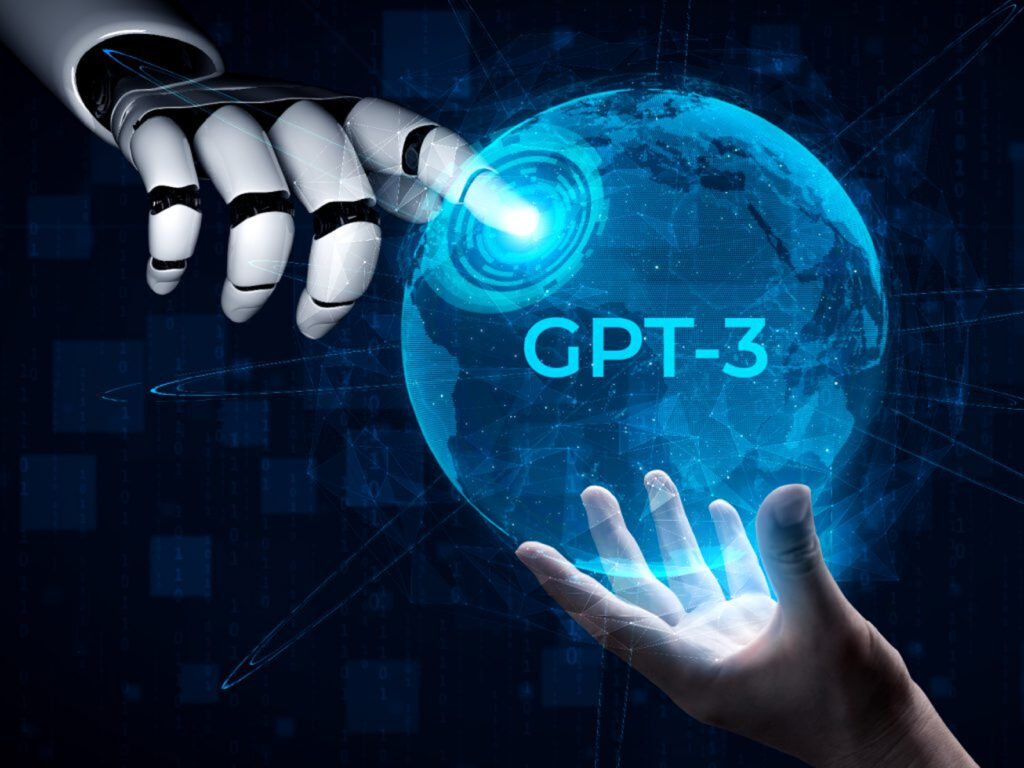
Deep learning-based applications allow businesses to automate and personalize different workflows in their customer service and take advantage of their data and understanding of good customer service to push their customer service forward. Deep learning chatbots can be used for customer support, interactive quizzes, and to guide potential customers through the shopping experience. They use natural language processing models such as GPT-3 to understand a wide variety of user input questions and text. Product matching helps shoppers reach their goal product as quickly as possible and helps businesses avoid losing customers due to store searches not leading to the exact product. Product matching uses deep learning models to match products to a user's search query or to other products. Amazon uses this to recommend products to a user based on previous purchases.
Natural language processing models can be used to match products to users' searches. Social media monitoring technology allows companies to recognize customer issues as they arise, and to respond to customers quickly. This helps companies retain customers and increases revenue. Using natural language processing models and deep learning neural networks, incoming call classification allows you to instantly route calls to the correct agent group based on what the problem is. Automated email verification tools allow you to quickly verify an email address and the domain behind the email address to make sure you don't lose contact with someone. Deep learning is already a huge part of customer service, and with the ease of using open-source models, it's time for you to start moving your customer service workflows to deep learning.